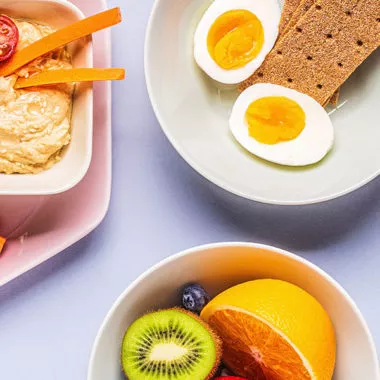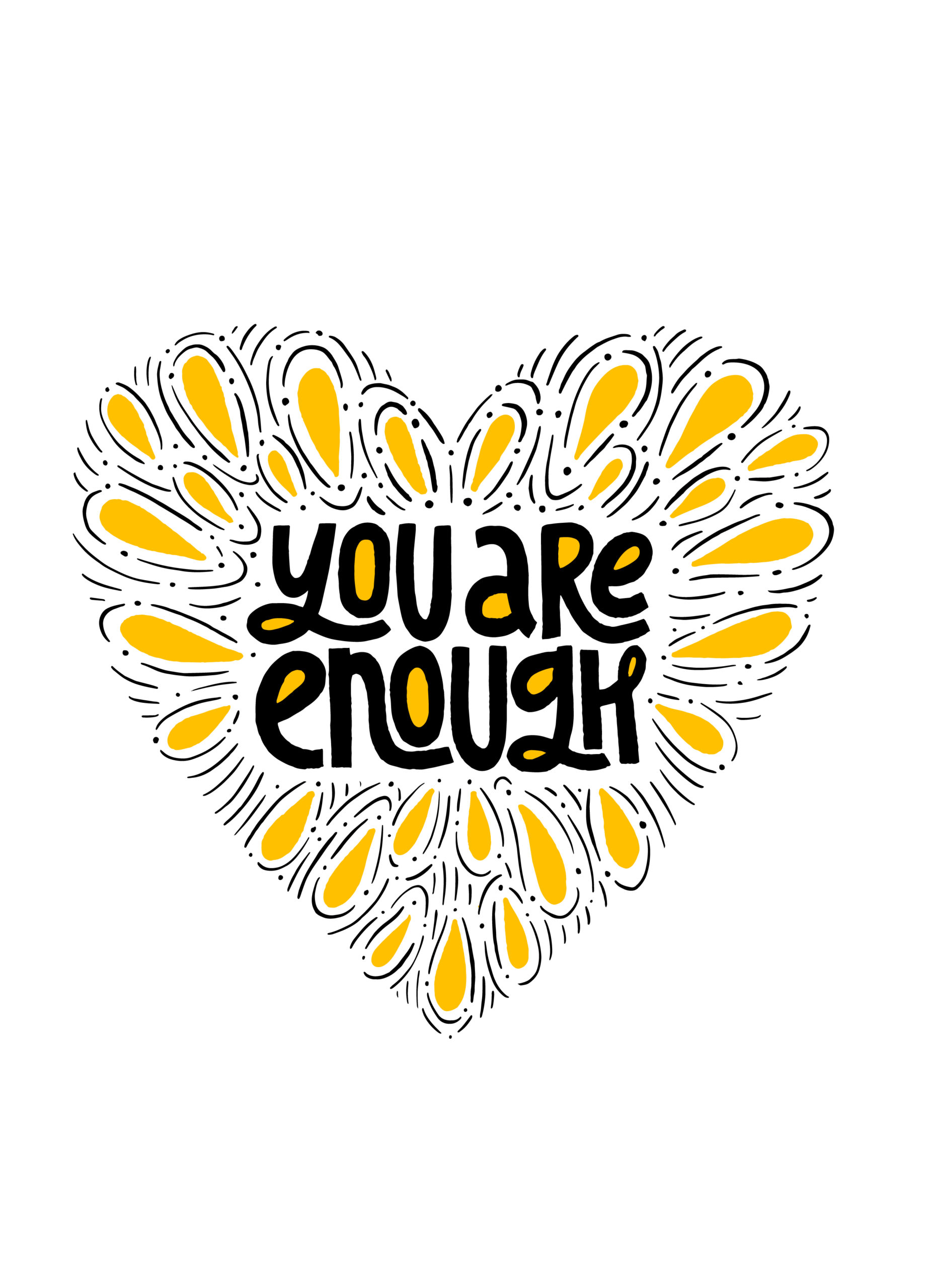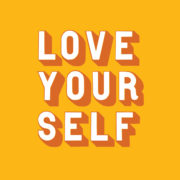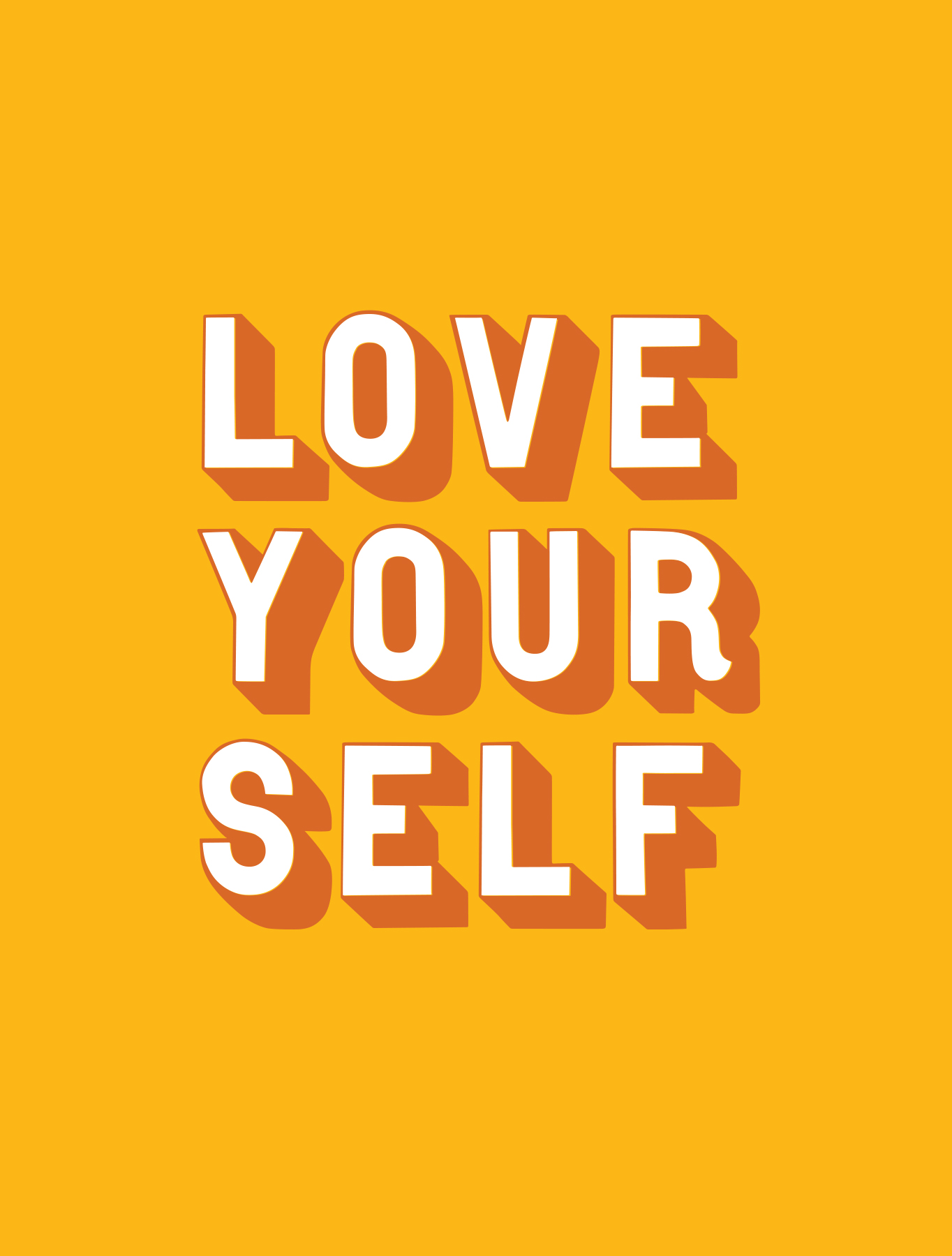Mental strength is a person’s capability to cope successfully with stresses, demands, and difficulties and achieve their full potential regardless of the conditions. Developing mental strength is critical to living your best life.
Just as people go to the gym and lift weights to strengthen their muscles, we can also improve our mental health by using certain tools and methods.
When we are mentally healthy, this helps us to live a life that we like, with significant social relationships and a positive sense of self-worth. It also enables us to take chances, do new things, and cope better with any tough circumstances that life may throw our way.
Mental strength is something that we can develop over time, by prioritizing our personal growth. Just as exercise and a healthy diet can bring physical benefits, good mental habits — such as practicing thankfulness — can bring mental health benefits.
To experience improvements in our physical health, we must also consider limiting unhealthy and harmful behaviors like eating junk food. In a similar way, if we want to see mental improvements, we need to give up bad habits like making negative comments about ourselves.
To learn more about building mental strength, check out BLOOM’s Mental Strength section of the website.


























